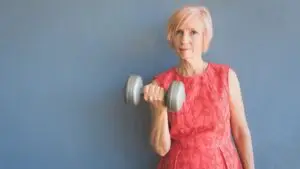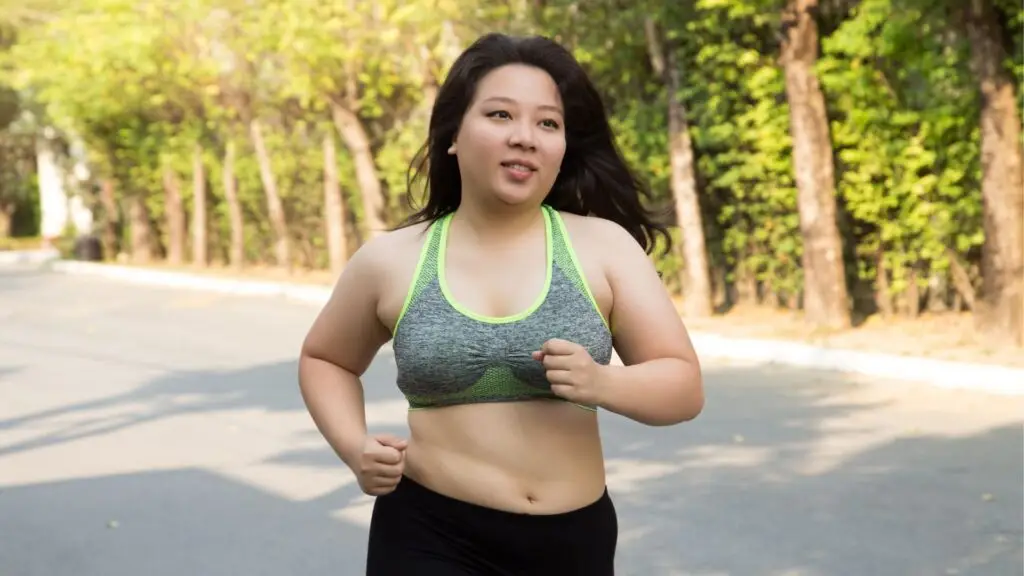Just 28% of Americans are meeting the CDC’s physical activity guidelines. The CDC recommends that the adult goal for physical activity should be 150 minutes of moderate aerobic activity, coupled with two days of muscle-strengthening activities each week.
Only one third of Americans meet those guidelines and many Nurses also fall into that category, except for one caveat…occupational physical activity. That’s the type of activity Nurses are doing during their workday.
One 2021 study from the International Journal of Nursing Studies Advances followed 56 day and night shift bedside nurses and showed that Nurses spend more than half of their shifts either standing or walking.
Day shift nurses spend less time sitting compared to night shift. Interestingly Nurses walked less and stood less during the second and third consecutive night shifts compared to day shift.
Occupational physical activity
To sum up the article, Nurses do experience occupational physical activity, more of it on day shift. Occupational activity is not moderate physical activity though. It might be considered low physical activity since it doesn’t get your heart rate up high enough (except in a Code blue!) or keep it high enough consistently.

You know that physical activity is just as important as spiritual, mind and environmental activity, and yet you might place your physical body last on your self-care list.
So, this blog will ask you some questions to help you dive into more possibilities as you consider your physical body as part of the whole-body-mind-spirit-environment continuum.
The Integrative Health and Wellness Assessment (IHWA)
The Integrative Nurse Coach® Academy created the Integrative Health and Wellness Assessment (IHWA) and uses it as a tool for Nurse Coach, Client, and Community self-discovery. It’s a validated tool highlighting ten areas of wellness to consider.
The areas are, life balance and satisfaction, relationships, spiritual, mental, emotional, physical: nutrition, physical: activity, physical: weight, environment, and health responsibility. You can take the IHWA tool here. Note the link takes you to the long form and there’s also a short form.
Now, I don’t know about you, but for me anytime someone says, ‘here, do this assessment’… my shackles go up. Assessment??!!! How about you?

The good news is the IHWA comes from a very grounded, wellness viewpoint, so no need to worry about how you answer, in fact many Integrative Nurse Coaches who use this tool with their clients don’t look at the scores with a critical eye, instead they use it as a self-assessment starting point, to open conversation and to focus on and celebrate areas that clients want to begin with.
Let’s focus on physical: activity.
Before we get going, please take a slow, intentional, deep breath with me.
This is not a test
Remember, this is not a test. This is just time to focus on your self-reflection of physical activity in your life, as it is today. No one will judge you, if anyone sees your assessment (if YOU decide to share it) they’ll only honor you for taking action to support yourself!

The physical activity questions from the Integrative Health & Wellness Assessment
- I include exercise and/or movement as part of my daily routine.
- I recognize when my body is in need of exercise and movement.
- I do stretching or flexibility activities 2 or more days a week.
- I do muscle strengthening activities (i.e., free weights, machines, resistance bands, body weight exercises, or carrying heavy loads) for all major muscle groups (legs, back, core, chest, arms) 2 days a week.
- I do moderate intensity aerobic training (i.e., brisk walking or any activity that makes you breathe harder with an increased heart rate) for at least 150 minutes (2 hours and 30 minutes) a week.
- I am aware of the connection between exercise and health.
- I recognize my resistance to a regular exercise program.
- I feel comfortable exercising in public places (gym, park, class).
With love and kindness
As you read each question, with love and kindness, ask yourself which one or two stand out for you?
Ask yourself why? What makes you curious about that question? What makes you say, hmmmmm? Was it a light bulb moment, or was it more subtle? Are you noticing any resistance as you read these words?
Perhaps you’ll even consider pulling out a piece of paper, or your journal to write a few sentences about you noticed, allow the pen to flow, no limitations, no censoring your thoughts and intentions.
Now that you’ve taken some time with these questions, what’s come up for you?
Do you see yourself using these open-ended questions with your clients and communities?

Nicole Vienneau MSN, RN, NC-BC is a recovering burned-out ICU Nurse. Through Integrative Nurse Coaching and holistic modalities, she’s on the daily voyage to well-becoming.
Nicole is founder Restoration Room and Blue Monarch Health, an author, podcast host of the Integrative Nurse Coaches in ACTION!, holds a board certification in Integrative Nurse Coaching and combines 20+ years of Nursing with 30+ years of fitness, health coaching and energy work to partner with mid-life women and healthcare workers who want to THRIVE!
She loves her husband, her two crazy cats and enjoys being in nature and having fun.
- Nicole Vienneau
- Nicole Vienneau
- Nicole Vienneau






